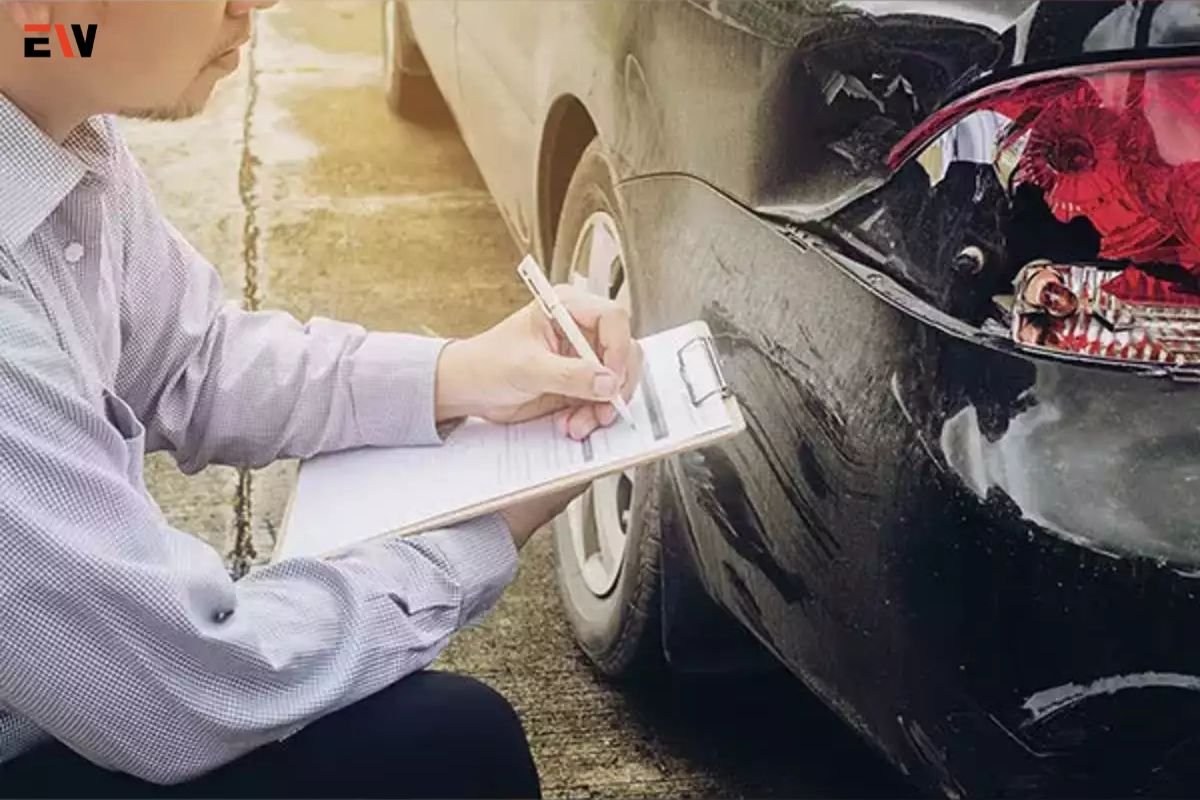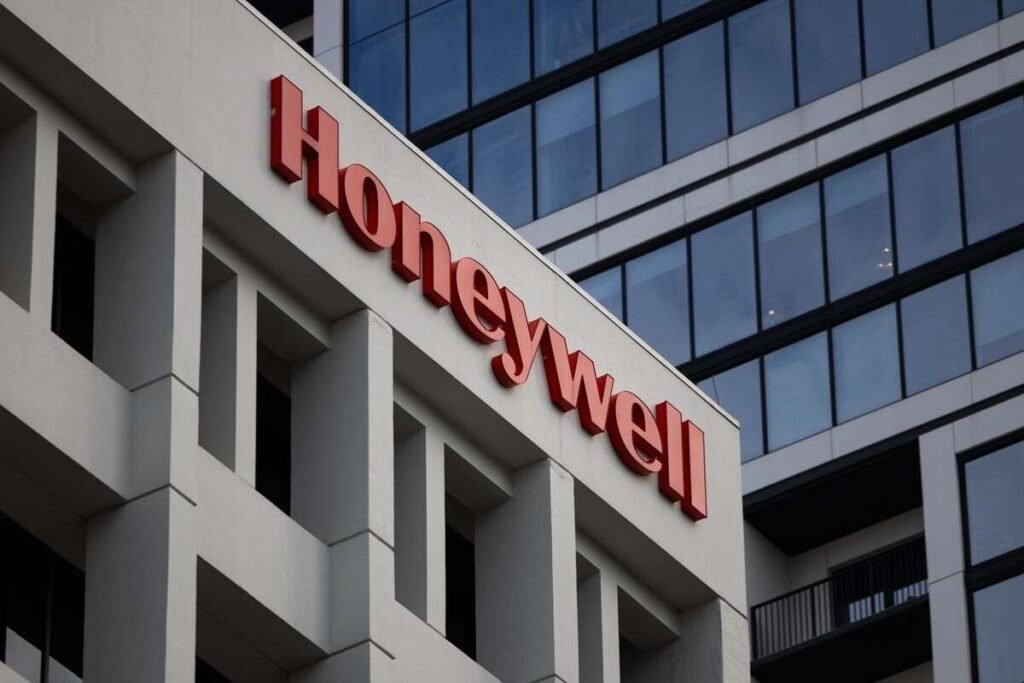Source- ET Auto
Sticker Shock Hits Car Owners
American car buyers, like Darin Davis, are grappling with a new form of sticker shock as insurance rates for their vehicles soar. Davis, a 56-year-old real estate agent from Dallas, was stunned when the insurance premium for his recently purchased 2024 Cadillac XT4 nearly doubled upon renewal in January. The sudden spike in insurance costs has left many car owners feeling disheartened and financially strained.
Balancing Act Amidst Falling Car Prices
While car prices have started to ease after record surges during the COVID-19 pandemic, a significant portion of the gains for consumers is being offset by escalating auto insurance rates. Factors such as supply chain disruptions and rising repair costs for modern vehicles are contributing to the upward trajectory of insurance premiums. This juxtaposition poses a challenge for car buyers seeking to strike a balance between upfront costs and long-term expenses.
Federal Reserve Grapples with Unforeseen Challenges
The inflationary pressures in the auto insurance sector present an unexpected hurdle for Federal Reserve policymakers striving to combat overall inflation. While the Consumer Price Index rose by 3.5% last month, auto insurance costs witnessed a staggering 22.2% increase, marking the largest surge since the 1970s. This divergence underscores the complexities of managing inflation in a rapidly evolving economic landscape.
Navigating Uncertain Terrain
As insurance rates continue to climb, car buyers are facing tough decisions, with some opting to forego vehicle purchases or return newly acquired cars due to affordability concerns. The evolving dynamics of insurance costs highlight the need for informed decision-making among consumers. Companies like Kelley Blue Book are advising buyers to obtain insurance quotes before making purchasing decisions, emphasizing the importance of factoring insurance expenses into the total cost of vehicle ownership.
Despite the challenges, there are avenues for cost mitigation, such as bundling insurance policies and adjusting deductibles, as demonstrated by Davis’ experience. As car owners adapt to the evolving insurance landscape, proactive measures and informed choices will play a crucial role in navigating the complexities of vehicle ownership in an increasingly inflation-weary economy.










